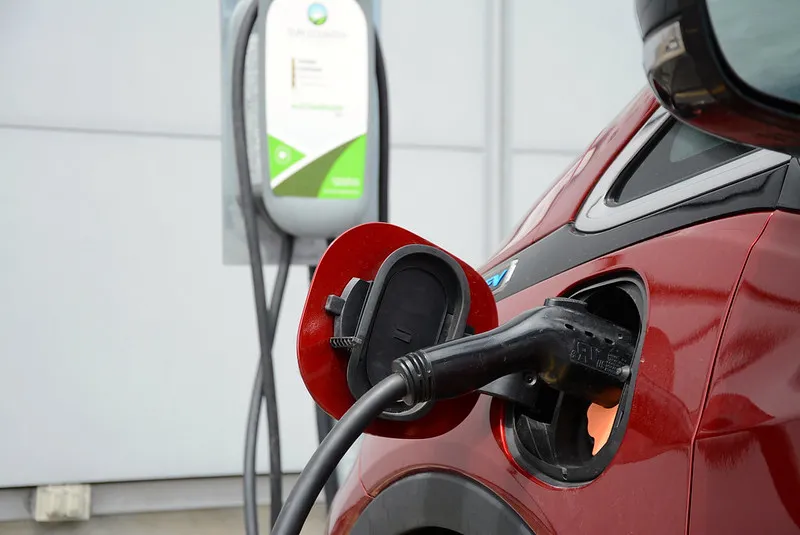TORONTO — ADAM THORN, director of the Transportation program at the Pembina Institute, made the following statement in response to the federal government's announcement regarding the Electric Vehicle Availability Standard.
“The federal government's decision to pause – rather than adjust – the EV Availability Standard leans too heavily toward the concerns of the automotive industry, not the best interest of Canadians. Electric vehicle (EV) policies must be designed to serve Canadians, first and foremost. The EV Availability Standard ensures that automakers supply a full range of electric vehicles, giving Canadians fair access to a diversity of affordable options — not just expensive luxury models. By increasing supply, the policy directly helps bring down prices for consumers while advancing Canada’s broader economic, environmental and public health goals.
“While automakers are facing serious challenges due to U.S. tariffs, the government could have maintained the overall purpose of the regulation by adjusting existing compliance flexibilities to provide automakers some much-needed breathing room. Options include extending credits for plug-in hybrid vehicle and charging infrastructure, modestly adjusting targets, or reevaluating tariffs on Chinese-made EVs, steps that support the industry without undermining Canada’s EV commitments. We welcome the opportunity to participate in the upcoming consultation period and will recommend changes that increase flexibility while maintaining the regulation's stringency.
“Pausing, rather than adjusting, the standard undermines the certainty businesses need to invest in charging stations, grid upgrades, batteries, supply chains and workforce training. It also unfairly penalizes companies that have already made investments in EV production and infrastructure based on an expectation of clear, consistent policy.
“The future of auto manufacturing is electric, and global demand for gas-powered vehicles is shrinking as more countries set timelines to phase them out. By ensuring Canada builds its auto industry around the growing EV market, this policy will help secure jobs, investment and long-term affordability for Canadians.
“At the same time, it is encouraging to see the government invest in workforce development, helping Canadians gain the skills needed to participate in the growing clean energy sector – including EVs – and ensuring a future-ready workforce.”
[30]
Contact
Lejla Latifovic
Senior Communications Lead, Pembina Institute
819-639-4185
Background
Op-ed: Let’s not let foreign automakers press us into changing the EV mandate
Op-ed: As the U.S. drives backwards, Canada must pull ahead
Blog: Now is the time to invest in Canada’s EV industry and make EVs accessible to more people




